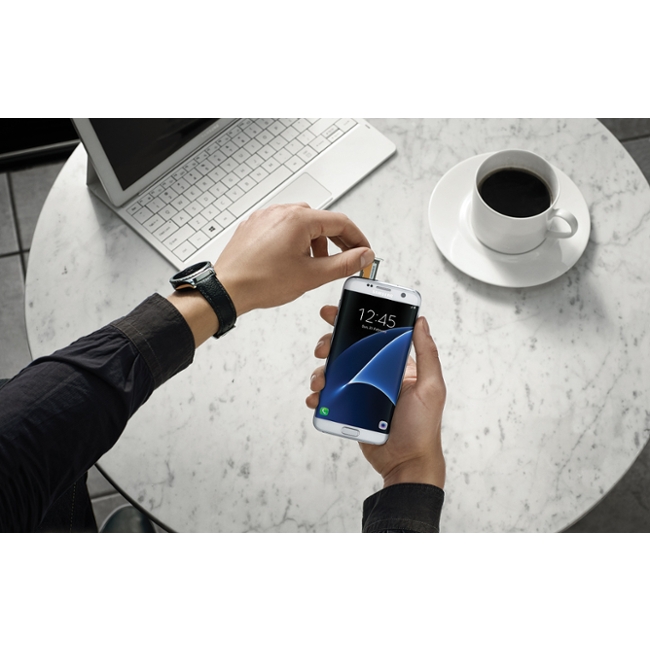

There was only a marginal increase in smartphone sales in the second quarter of 2016, according to IDC, with 343.3 million smartphones shipped compared to 342.4 million unit shipped in the same quarter last year.
Samsung remained the clear leader, still, with its Galaxy S7 and S7 Edge bets paying off. The company shipped 77 million units in the second quarter of this year, garnering a 22.4 percent worldwide market share.
This figure easily beat second place Apple, which shipped 40.4 million units, and won an 11.8 percent share of the global smartphone market. The second quarter is usually Apple’s worst performing, as buyers hold off on purchases in anticipation for a new iPhone in the third quarter.
But this was Apple’s weakest quarterly performance in seven quarters. Apple’s decline over the same period last year hit 15 percent.
“As smartphone prices continue to drop and competition escalates at the high-end, vendors will need to continue to push ‘flagship-type’ devices at affordable price points to encourage upgrading on a more frequent basis,” said IDC analyst Anthony Scarsella.
Chinese manufacturers OPPO and Vivo took fourth and fifth position in IDC’s quarterly smartphone tracker, shipping 32.1 and 22.6 million units respectively. OPPO, with its R9 flagship, manage to hit 137 percent year over year growth, up from 9.6 million units shipped the same quarter last year.
“We continue to see a number of changing dynamics in the smartphone market and many vendors are readjusting their business strategy and portfolio to take advantage of these market movements,” said Ryan Reith, vice president with IDC’s worldwide quarterly mobile device trackers.
“Mature markets continue to transition away from pure subsidy and over to EIP programs and Apple is beginning to put more emphasis on ‘Device as a Service’ to try to prevent lengthening replacement cycles.
SoftBank has agreed a funding deal that will see OpenAI being provided with up to…
Tesla sales have plummeted to lowest level in three years, as deliveries of new EVs…
New addition. Next generation foundation model, as Amazon Nova model launches to perform actions within…
Head of artificial intelligence research at Meta Platforms has announced she is leaving the social…
No decision yet, after media reports CK Hutchison was to spin off its global telecom…
Ahead of 5 April deadline, Trump is to hold White House meeting over possible investors…